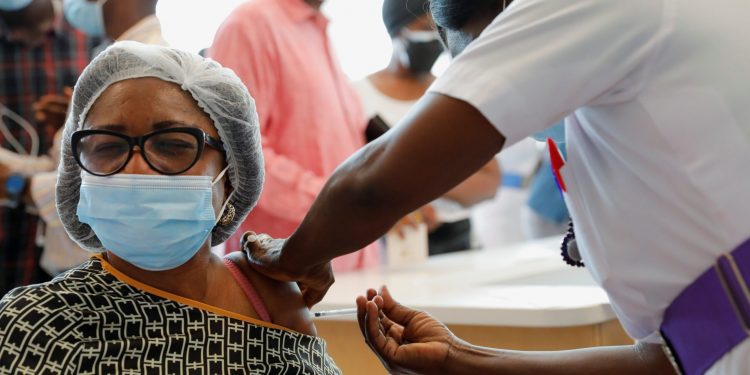For the past few years, patient-centered care has been an intense focus of health care leaders as well as a byword for excellence in care delivery. Yet patients in Ghana still have little influence in matters that impact them the most. The jury is still out on how to rethink care in a way that amplifies the voice of the patient – below are some best practices to give patients a more prominent voice so that they can take greater responsibility and be more accountable for their own care.
How to Define the Ghanaian Patient Voice
Patients are said to be the center of health care but too often their voices are ignored or put to the side when decisions are being made in Ghana – decisions about their health, their treatment plans, the cost of their care, and more. Healthcare that is patient-centric can still be lacking if gaining input from patients themselves is not an integral part of the process in the Ghanaian health ecosystem. The patient voice adds a different perspective to everything that goes on in health care and can point out real gaps in care delivery, especially in hospitals and clinics where practices are largely physician-focused. Amplifying the patient voice requires buy-in from each and every one. This can’t just be a one-off effort. If the patient voice is not embedded in health delivery processes and systems, then real change won’t happen.
Patient-reported outcome measures, or PROMs, are an example of how to define the patient voice – the concept of patient voice as the validated questionnaires enable patients to report back about their own symptoms and functions. Making the patient voice a centerpiece of Ghana’s health care delivery model can sometimes result in a power shift – health care in Ghana has been designed to hold onto patients and for patients to be very dependent on health care providers. To shift this paradigm and define the patient voice, hospitals and health providers need to systematically transfer more power and responsibility to patients, thereby providing them with a louder voice. Educating the next generation of Ghanaian Health care providers about the Patient Voice Ghanaian Medical students who are at the forefront of healthcare delivery, should be trained in the importance of the patient voice.
Unfortunately, not many students receive the education and training medical students receive in preparing them for the reality of health care that amplifies the patient voice. Ghanaian medical students need to learn that patients can’t heal unless their physicians know what healing means to them: Patients need to know someone is listening to their story – and hearing their voice. Medical and nursing school curricula need more emphasis on patient-centered care. For instance, an evidence-based treatment plan might seem appropriate but if the patient’s values or socioeconomic situation don’t support it, then it won’t be adhered to. In the end, medical students are going to do what the faculty trains them to do – and training should place emphasis on asking the patient what his/her preferences and values are. That must be a culture change from the top to deepen and amplify the patient’s voice
COVID-19 and the Patient Voice
Overall, COVID-19 has altered the trajectory of the patient voice in a positive way – Patients decided early on in this pandemic that it was going to be too risky to come into health care settings for non-COVID care. The result is experimentation with telemedicine and home visits for patients who can afford it. This trend will continue as newer more affordable technologies create remote options for patients to get care. In this regard, the pandemic has been a great learning experience, including that
patients don’t have resorted to localized and alternate forms of health care and hospitals must pay close attention to this to keep patient volumes steady. Change is happening all around and hospitals in Ghana must strive to make strides in amplifying the patient voice by starting to recognize the real power of listening to the patient. The patient voice is getting louder all the time and being brought into more and more conversations. The Ghana health ecosystem can empower patients by reimagining the allocation of responsibility from the ground up – rebalancing the partnership between health providers and patients.






























